EDITORIAL
Published on 11 Aug 2022
Editorial: Epigenetic aspects of autoimmune diseases
doi 10.3389/fcell.2022.991693
- 980 views
18k
Total downloads
50k
Total views and downloads
Select the journal/section where you want your idea to be submitted:
EDITORIAL
Published on 11 Aug 2022
ORIGINAL RESEARCH
Published on 23 Jun 2022
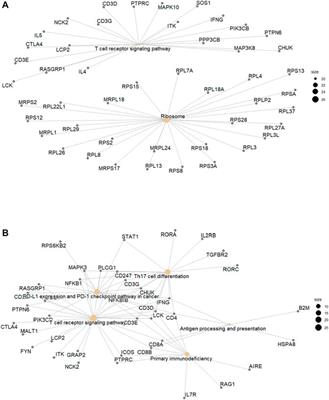
REVIEW
Published on 20 Jan 2022
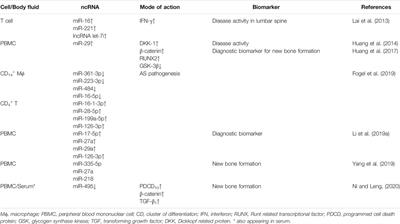
REVIEW
Published on 04 Jan 2022
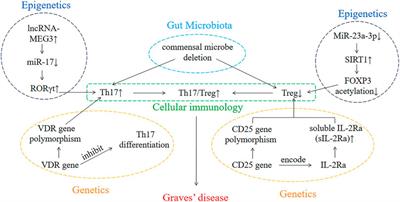
ORIGINAL RESEARCH
Published on 01 Dec 2021
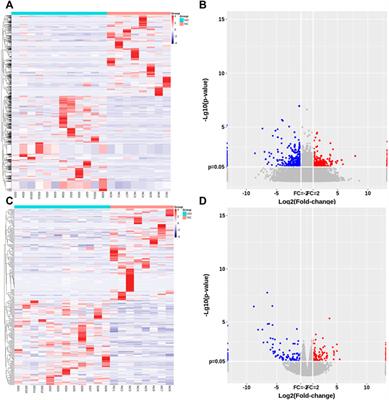
ORIGINAL RESEARCH
Published on 24 Nov 2021
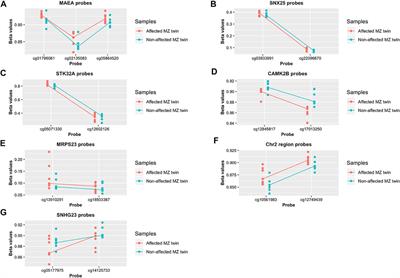
REVIEW
Published on 18 Nov 2021
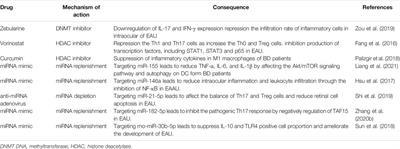
REVIEW
Published on 16 Nov 2021
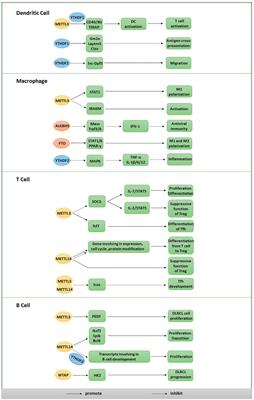
REVIEW
Published on 01 Nov 2021
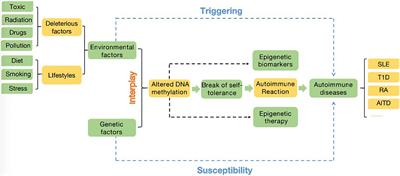
ORIGINAL RESEARCH
Published on 21 Oct 2021
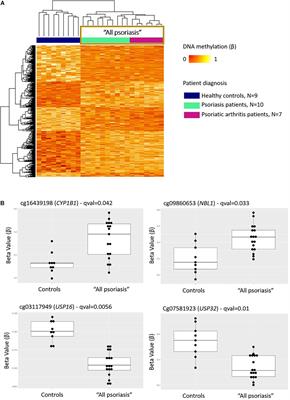
REVIEW
Published on 05 Oct 2021
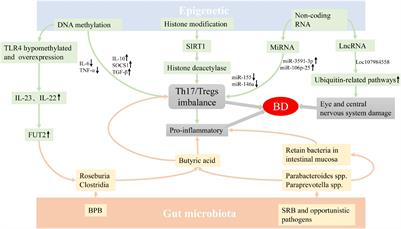
REVIEW
Published on 07 Jul 2021
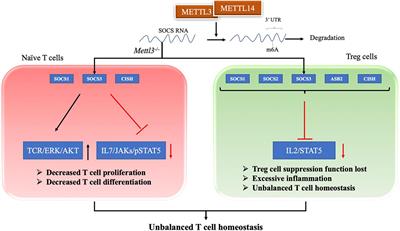

Frontiers in Genetics